The School offers 21 majors for enrollment: English, Russian, French, German, Spanish, Portuguese, Japanese, Arabic, Mongolian, Korean, Vietnamese, Thai, Burmese, Indonesian, Filipino, Hindi, Sanskrit & Pali, Urdu, Persian, Hebrew, and Italian, with nearly 40 language resources used for teaching and research. Introductions for some programs follow:
English
As one of the four national key English disciplines designated by the Ministry of Education, it cultivates outstanding talents who combine language and culture, skill and thought, possess high humanistic quality, and have profound knowledge of human culture and the world. Students receive systematic training in English language, British and American literature and intellectual traditions, Chinese-English translation, and linguistics, with opportunities to apply for exchange programs at top international universities. Graduates can pursue MA or PhD degrees in the field and also possess strong competitiveness in diplomacy, translation, international trade, law, cultural exchange, etc.
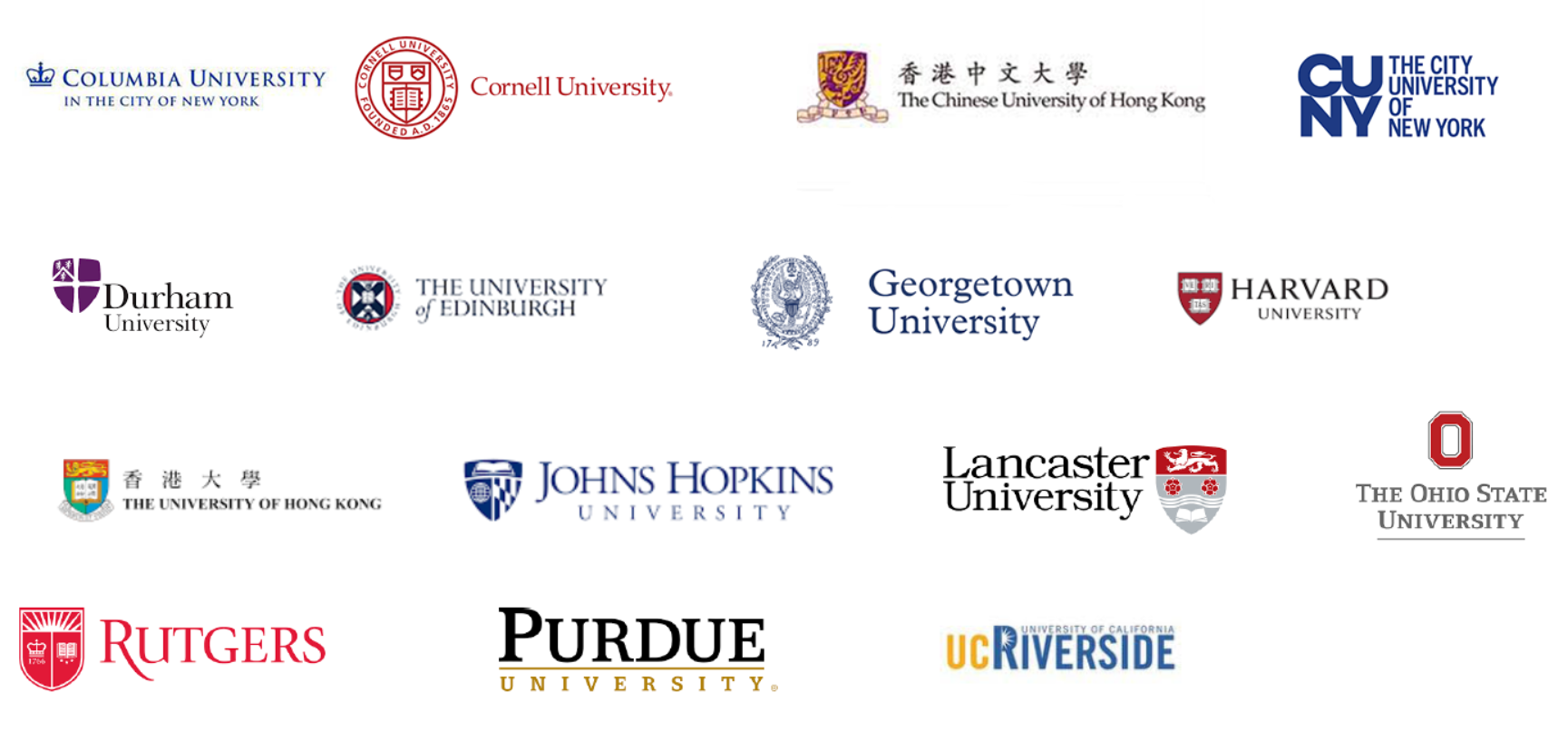
Arabic
As a National First-Class Undergraduate Program Construction Site, it is a characteristic major designated by the Ministry of Education and Beijing Municipal Education Commission and the first Arabic program established in Chinese universities. Arabic is a UN working language used in over 20 countries and regions in West Asia and North Africa. The Arabic Department has established excellent exchange and cooperation relationships with universities in the Arab world and the West, such as Cambridge University, Georgetown University, and Cairo University. Graduates work in various sectors including diplomacy, foreign affairs, journalism, education, and foreign trade.
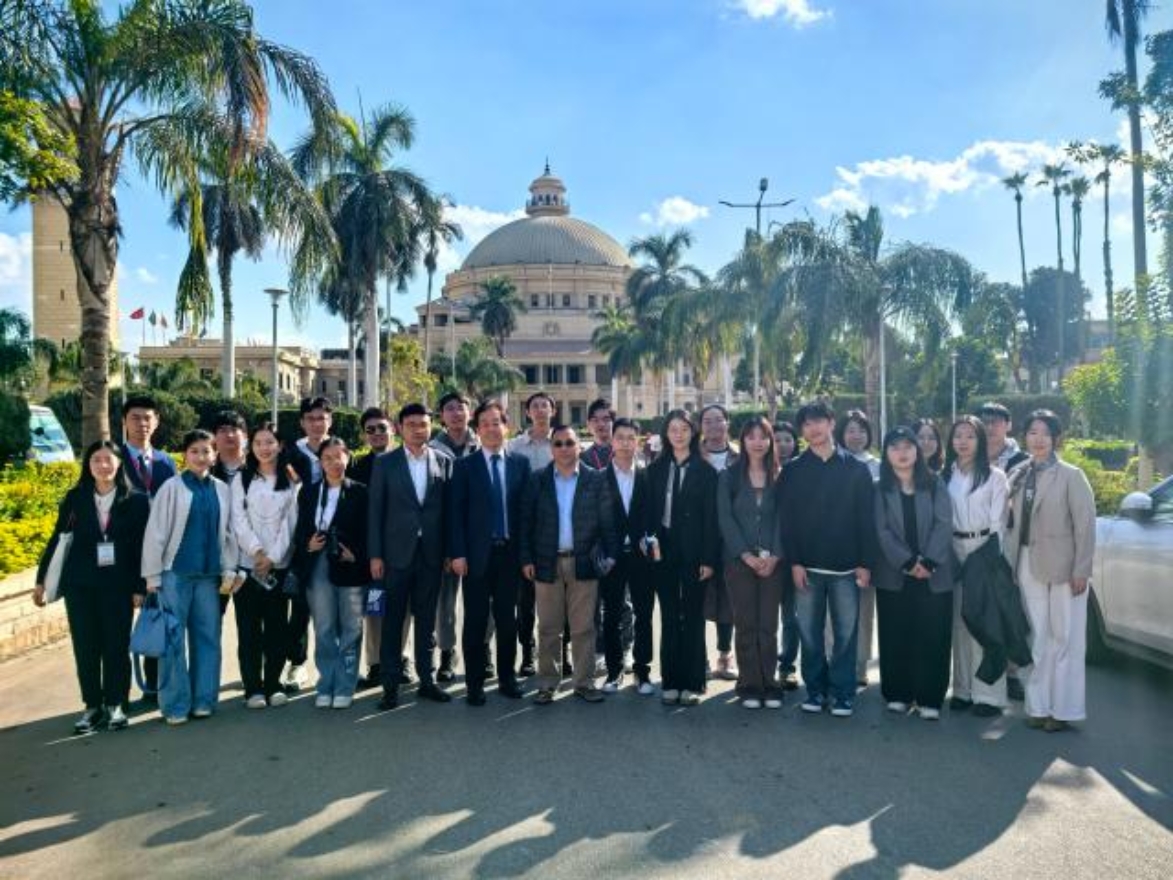
Korean
As the earliest established Korean language major in Chinese universities and with a strong faculty, it aims to cultivate Korean language talents with a solid professional foundation, broad cultural literacy, international perspective, and outstanding language application ability, literary appreciation ability, critical thinking, and cross-cultural communication skills.

French
Boasting a profound research tradition and rigorous scholarly style, with teaching and research leading domestically, it is Dedicated to cultivating outstanding talents with solid language skills and broad knowledge, oriented towards professional research and international exchange, among other fields.
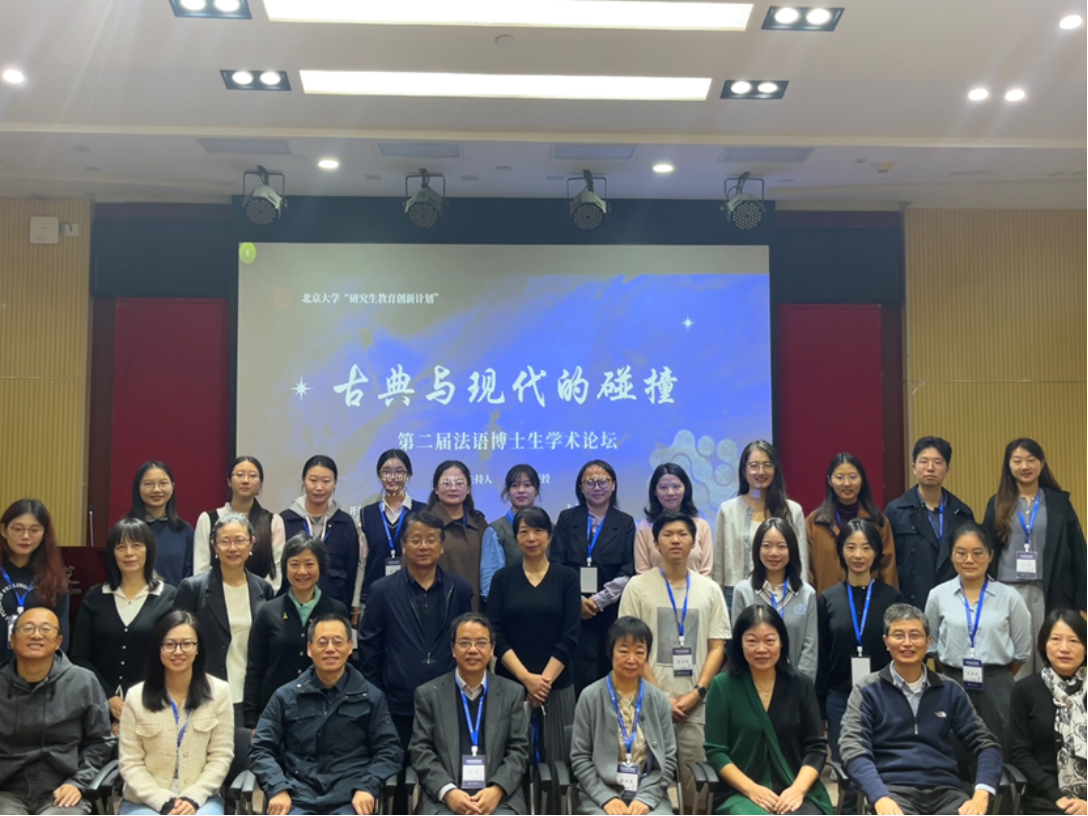
German
Characterized by literary studies, it aims to comprehensively and systematically train students' German language ability, focusing on enhancing humanistic quality and cultivating research capability. Language and literature teaching is conducted based on a deep and broad knowledge foundation in culture, history, society, philosophy, art, and other disciplines. The German Department conducts inter-university exchanges and cooperation with prestigious universities like Freie Universität Berlin, Humboldt Universität, Ludwig-Maximilians-Universität München, and Ruprecht-Karls-Universität Heidelberg. It promotes students' mastery of comprehensive German skills (listening, speaking, reading, writing, translation), in-depth exploration of German-speaking countries' cultures, becoming high-level German language users, researchers of German-speaking countries, and promoters of Sino-German exchange, supplying virtuous and talented personnel to various state ministries, research institutions, universities, and large domestic and international enterprises.
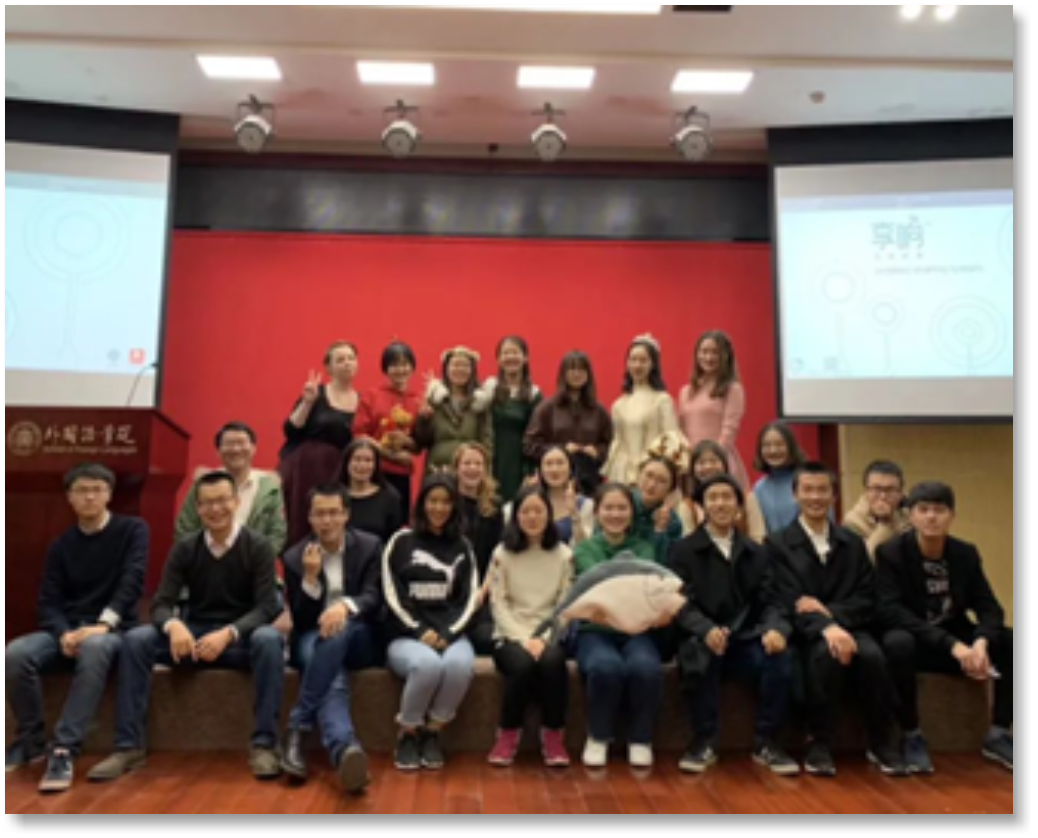
Russian
This program cultivates students' comprehensive quality and ability in Russian language, literature, culture, and translation, fostering an understanding of the target country's regional culture and national conditions. It aims to produce foreign language talents with broad cultural literacy, a strong sense of social responsibility, and an innovative spirit, meeting the needs of professional academic research and broad international exchange, and better serving the national "Belt and Road" strategy's talent demands.
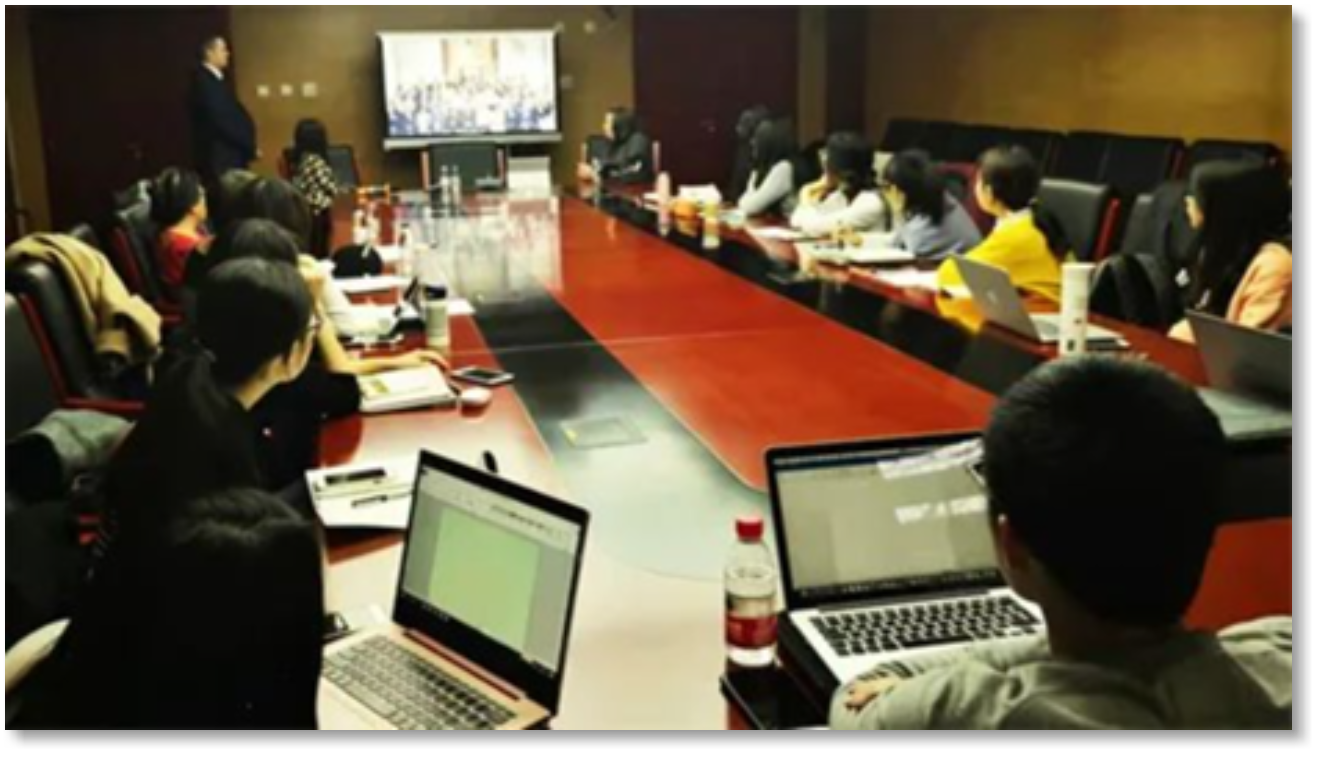
Japanese
As the earliest established Japanese major in Chinese universities with a strong faculty, our undergraduate students have opportunities for study exchanges in Japan. It cultivates outstanding talents with an international perspective and deep understanding of Japanese humanities. Most graduates pursue further studies (domestic or abroad) or work in fields like diplomacy and commerce.
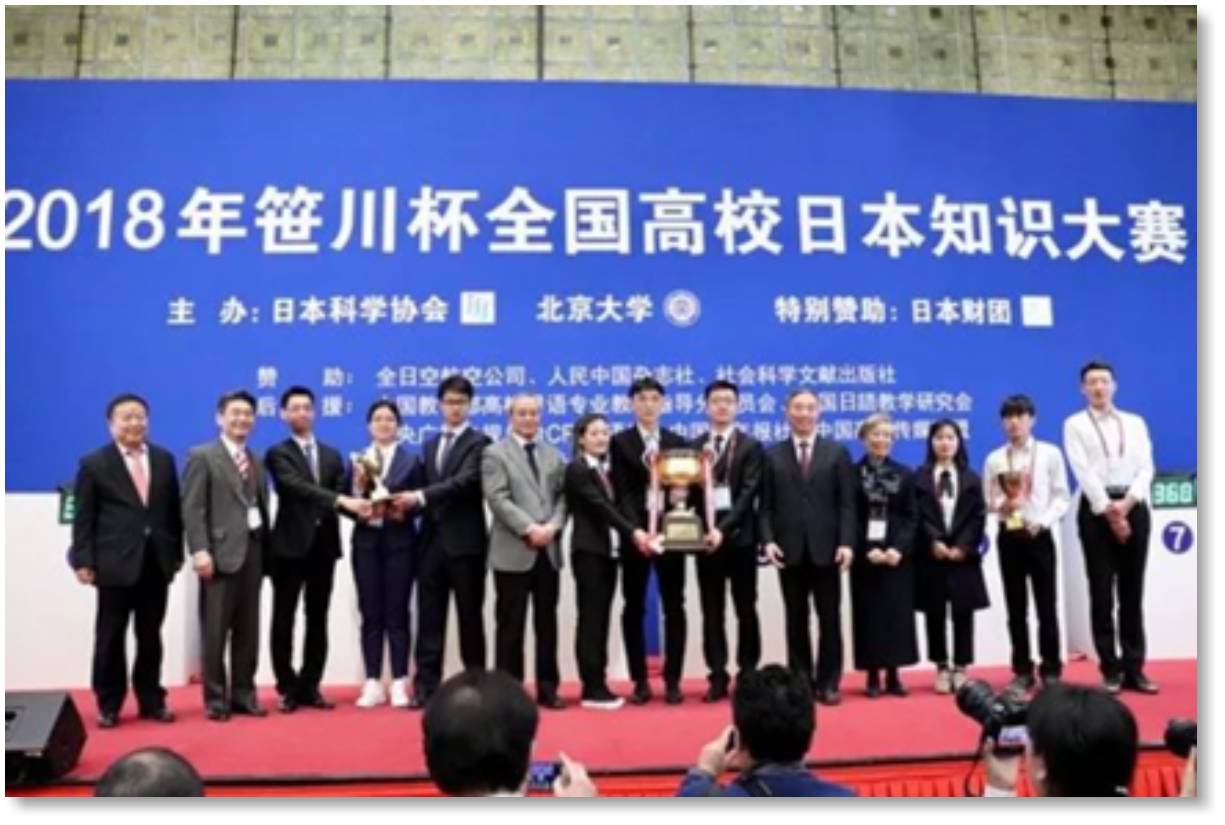
Spanish
Established in 1960 and recognized as a characteristic major by the Ministry of Education and Beijing Municipality, it has consistently held a leading domestic position in Spanish literary research and translation. It offers courses in literary history and selected readings, classic text reading, cultural studies, area and international studies, translation studies, and introduction to linguistics, guiding students to absorb the latest academic achievements in related fields, focusing on developing research capability and cross-cultural behavioral awareness and skills. The Spanish program emphasizes international exchange and student international experience, maintaining close academic ties with universities in the Spanish-speaking world. Benefiting from PKU's general education platform, it has formed a distinctive PKU cultivation characteristic: strong professional foreign language application ability, broad horizon, good cross-cultural communication skills, and awareness and capacity for lifelong learning.
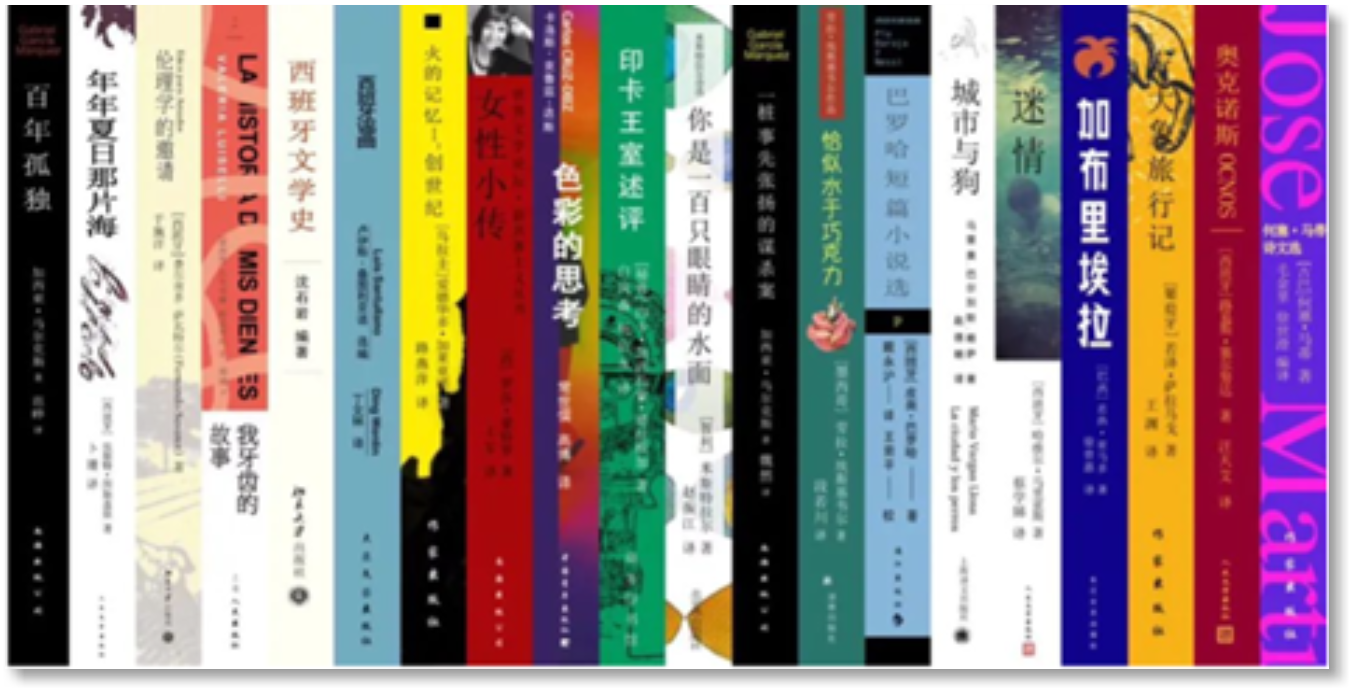
Italian
Established in 2021, its faculty team consists of PhD returnees from prestigious Italian and American universities, with excellent teaching and research capabilities. Since its establishment, the Italian program has achieved preliminary results in teaching, research, and talent cultivation. Nearly half of its students have received national-level scholarships and other awards; over 80% have been to Italy for study or research; exchange students have performed excellently incourses at overseas universities, demonstrating high language proficiency, academic competence, and cross-cultural communication skills.
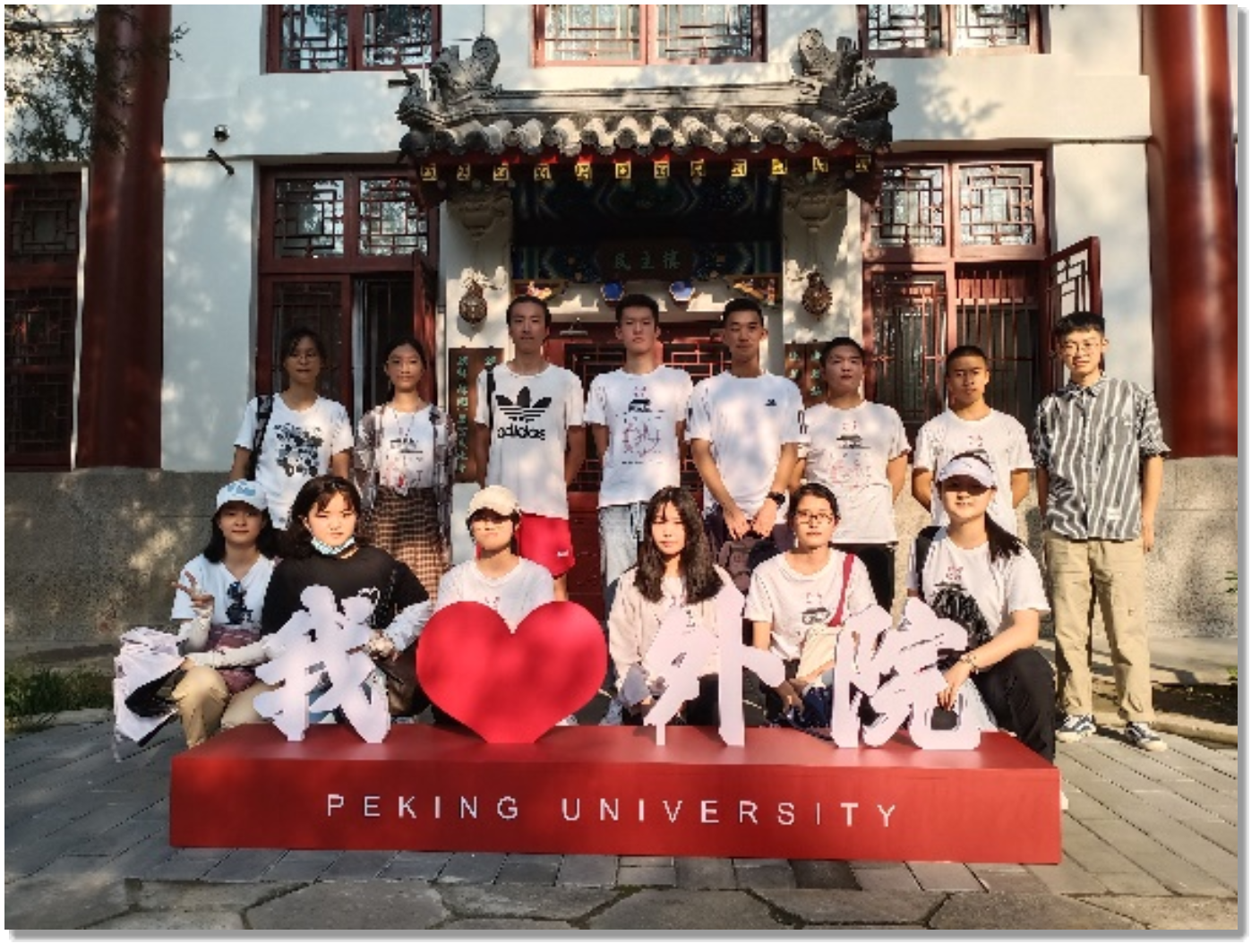
Burmese
Founded in 1949, it is the first Burmese language major in Chinese universities. The program has a solid disciplinary foundation and traditional strengths in basic research areas like Burmese language, literature, history, and culture. The undergraduate cultivation curriculum system is well-developed, dedicated to cultivating high-level, versatile Burmese language talents. From 1949 to the present, it has enrolled 23 undergraduate cohorts, adhering to small-class teaching. It has supplied a large number of key personnel to government agencies like the Ministry of Foreign Affairs, International Liaison Department, Ministry of Commerce, Ministry of Culture, Ministry of State Security, as well as large state-owned enterprises and institutions like CCTV, CNPC, CITIC, China Development Bank, The Export-Import Bank of China, Poly, and Norinco.
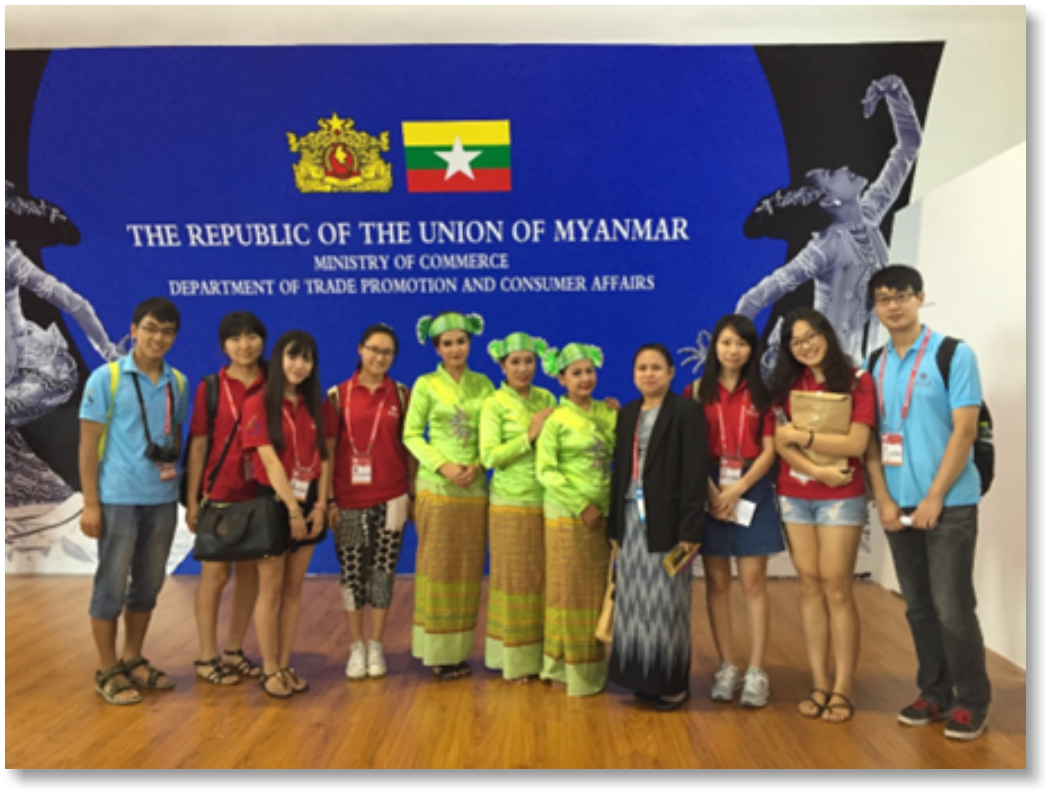
Hindi
Established in 1942, it is one of China's earliest foreign language majors, the cradle of Chinese Hindi studies, and affiliated with the National Key Discipline "Indian Language and Literature." The professional team consists of senior professors and PhDs, offering language knowledge and research practice courses. Relying on the MOE Key Research Base Center for Oriental Literary Studies, the MOE-filed South Asian Studies Center, and the PKU India Research Center, it focuses on cultivating students' research and practical abilities. Teaching and research lead domestically and internationally. Graduates serve widely in higher education, cultural exchange, media, internet, finance, diplomacy, and other fields.
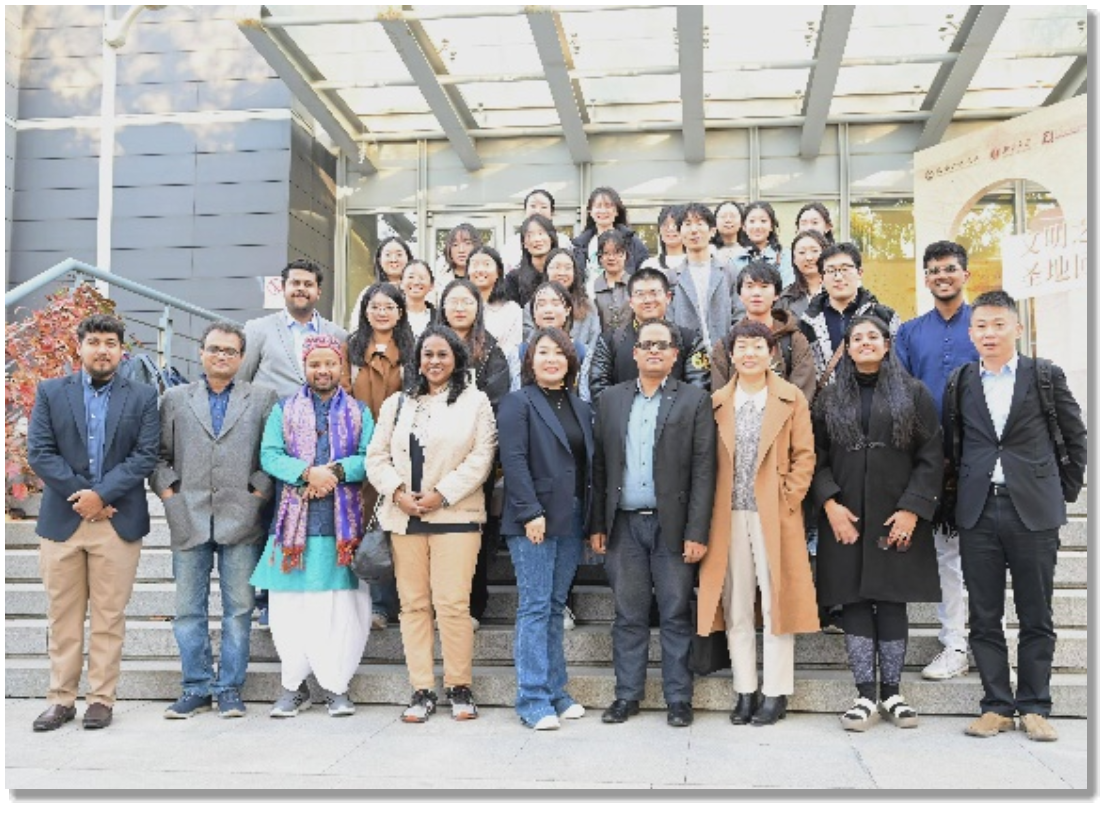
Portuguese
Established in 2007, it is the first Portuguese program within a 985 Project and comprehensive university in China. Utilizing PKU's "Overseas Lectureship" program, it regularly invites high-level overseas scholars. It provides students with opportunities for exchange study at renowned universities in Portugal, Brazil, Macau, and other countries/regions. Leveraging the comprehensive disciplinary setup of a comprehensive university and guided by the principle of "respecting individuality, guiding interests, promoting diversified development , and implementing differentiated cultivation," the program combines required major courses, major electives, and cross-departmental courses. It encourages students to utilize minors, double majors, and various undergraduate programs to integrate Portuguese with other disciplinary knowledge, and to become versatiletalents who play leading roles in various industries.
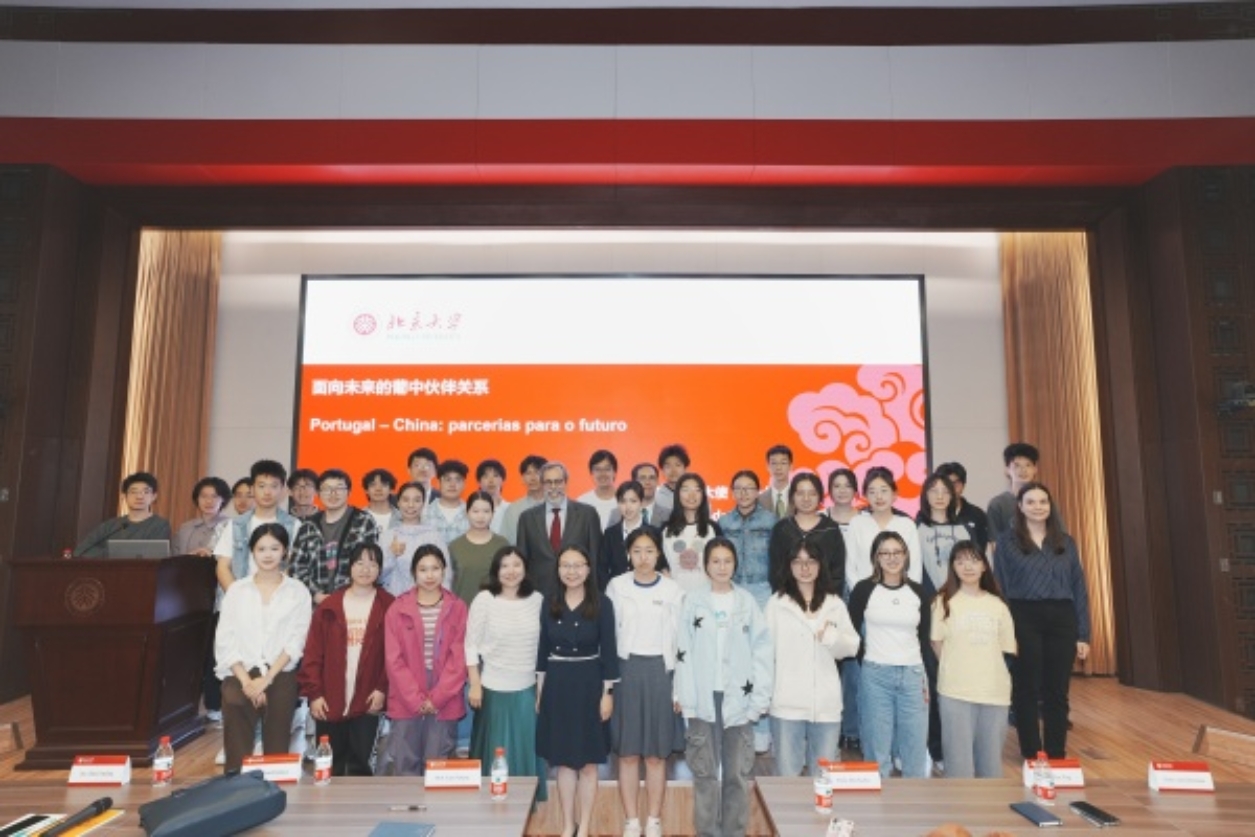
Mongolian
Established in 1946, formally enrolling students in 1949, it is the earliest Mongolian language major in Chinese universities, becoming a National First-Class Undergraduate Program Construction Site in 2020. The program's orientation is to serve national strategy and cultivate specialized personnel for the country. Outstanding graduates are active in fields like diplomacy, economy and trade, finance, inter-party exchange, and higher education, becoming core personnel in relevant units. Upholding the fine professional tradition of PKU Mongolian, keeping pace with the times, the program is committed to cultivating new-type foreign language talents who "know the language, understand the country, specialize in the field," possess an interdisciplinary knowledge system, and integrate humanistic, scientific, and aesthetic literacy.
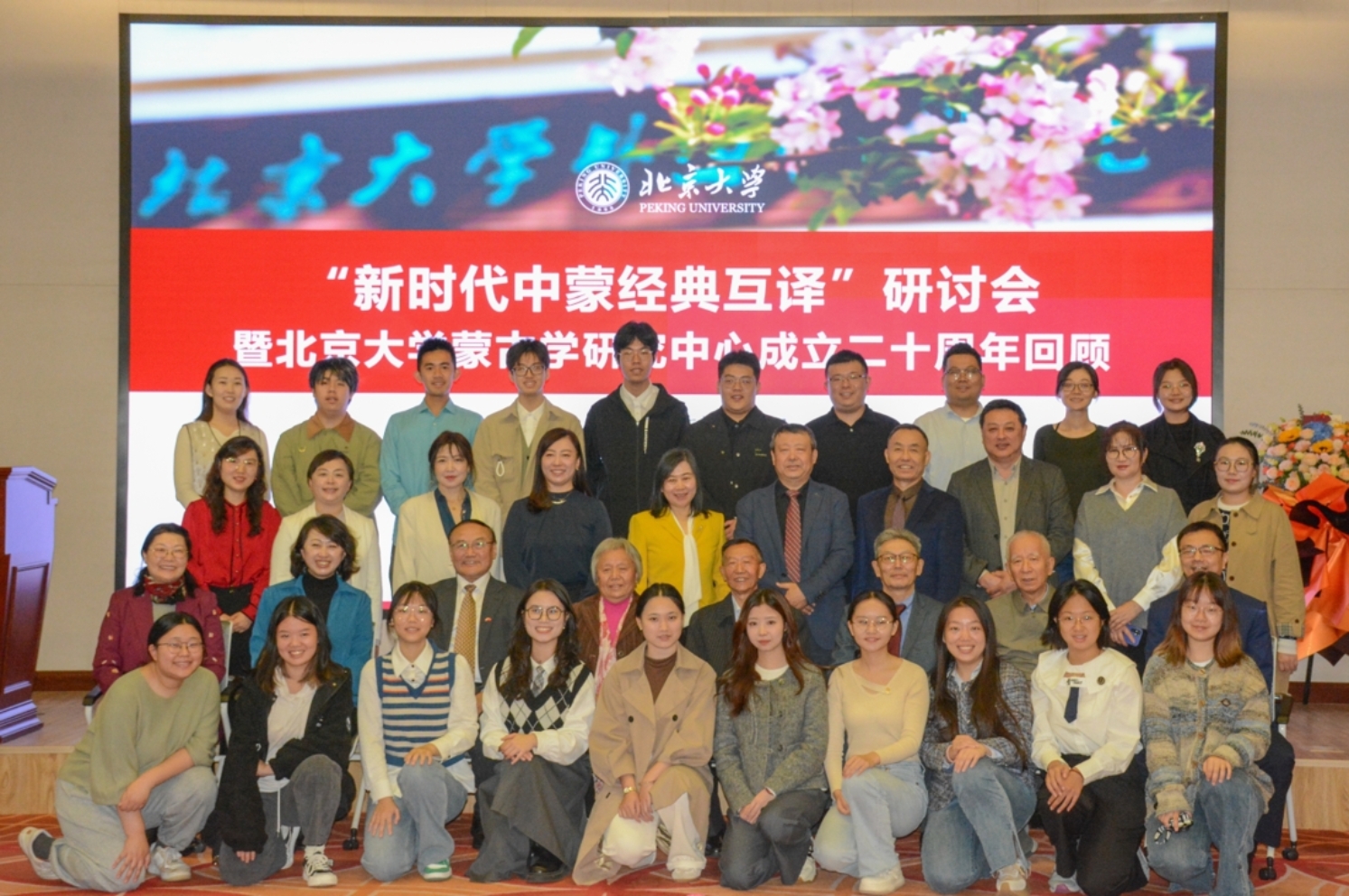
Filipino
Established in 1985, it is the earliest established and regularly enrolling Filipino language major in Chinese universities, covering undergraduate, master's, and doctoral level talent cultivation. It has cultivated nearly 100 students at these levels, plus dozens of short-term and training students. It is the origin of China's Filipino language program construction and talent cultivation, having supplied several excellent teachers to other universities' Filipino programs. It emphasizes both core foreign language courses and Philippines-related area studies courses, coupled with a Southeast Asian regional studies perspective. It is dedicated to cultivating high-level talents involved in various fields related to the Philippines and Southeast Asia for the nation, supplying both application-oriented talents engaged in external relations work for diplomacy, foreign affairs, news media, national defense, state-owned enterprises, and private enterprises, and research-oriented talents for universities and research institutes concerning Filipino language teaching and area studies, playing an important role in Philippines-related area studies and various undertakings of the "Belt and Road" Initiative.
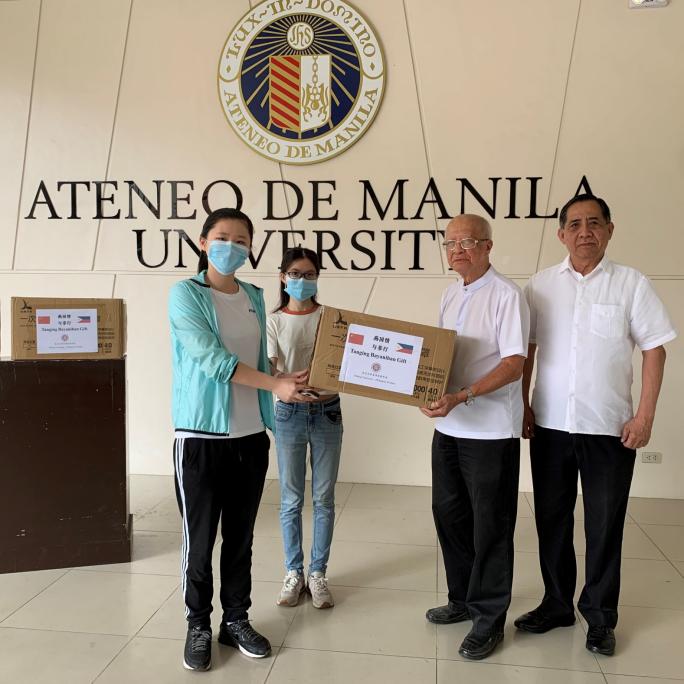
Persian
Established in 1957, it is the oldest Persian language teaching and research unit in Chinese universities. After over 60 years of development, it has achieved remarkable results in both Persian language teaching and Iranian studies. It has enrolled 16 undergraduate cohorts, totaling 25 master's students and 11 doctoral students. Most graduates work in important departments such as state ministries, news media, research institutions, and large SOEs, making outstanding contributions to promoting Sino-Iranian political, economic, and cultural exchanges.
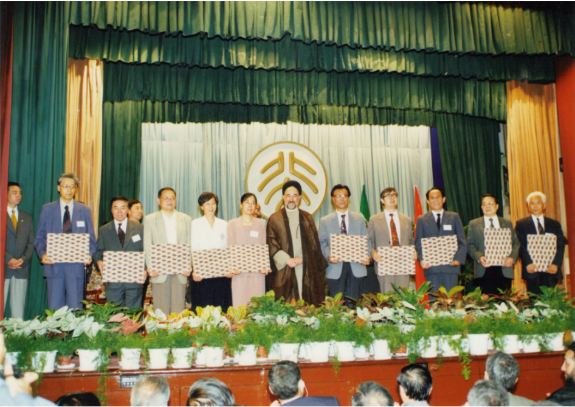
Indonesian
Initially established in 1949 as the "Malay Language Section" and renamed the "Indonesian Language and Culture" major in 1998, it is the earliest established Indonesian language major in Chinese universities. The Indonesian program has a long history, abundant achievements, a complete curriculum system, and sufficient teaching experience. It currently has 3 full-time faculty members, a good disciplinary foundation, and features simultaneous advancement in multiple academic fields and comprehensive interdisciplinary research.
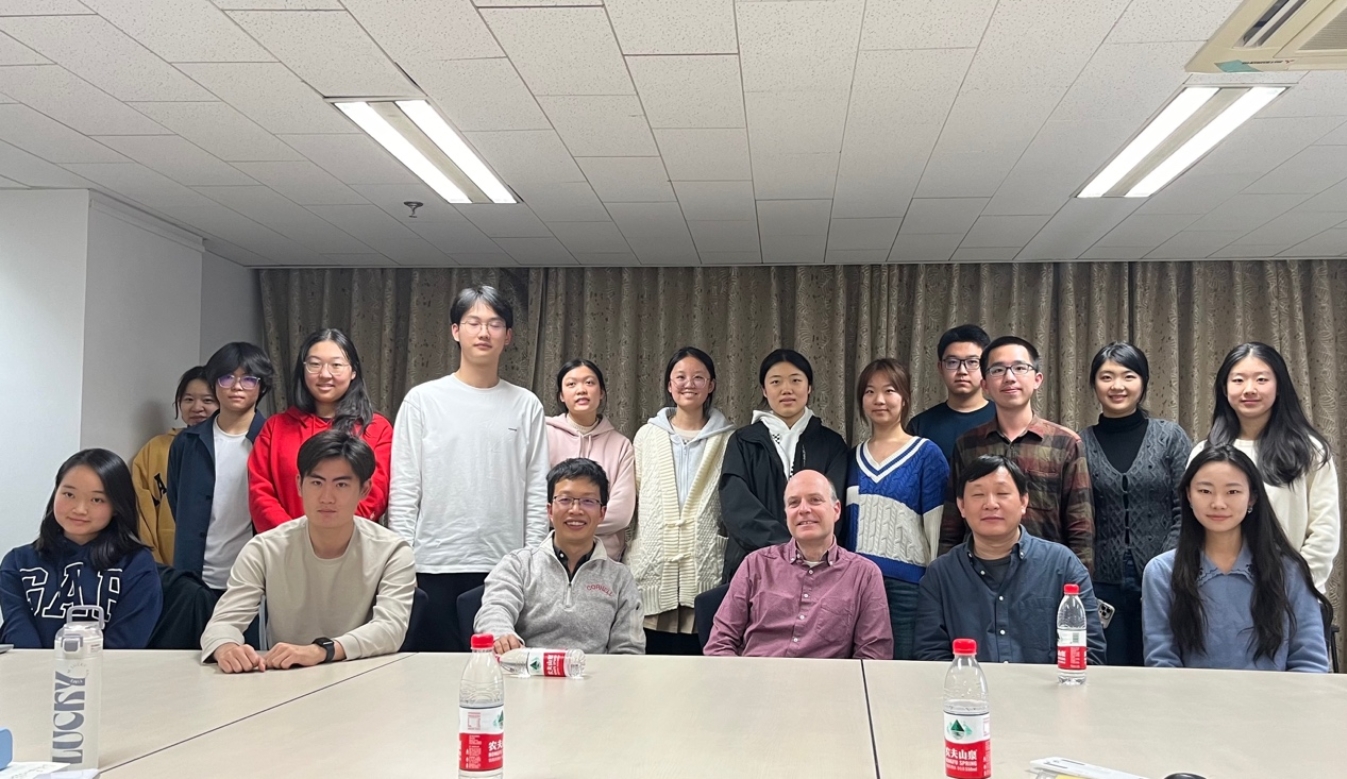
Thai
Founded in 1949, its predecessor was the Siamese Language Department of the Nanjing National College of Oriental Languages. After the founding of the People's Republic of China in 1949, the College of Oriental Languages merged into PKU's Department of Oriental Languages and Literatures. PKU's Thai language major thus became the first Thai language major established in Chinese universities and one of the earliest majors in the Department of Oriental Languages and Literatures. It currently has 4 full-time faculty members and a complete undergraduate, master's, and doctoral cultivation system, aiming to cultivate high-level, versatile Thai language talents for the nation.
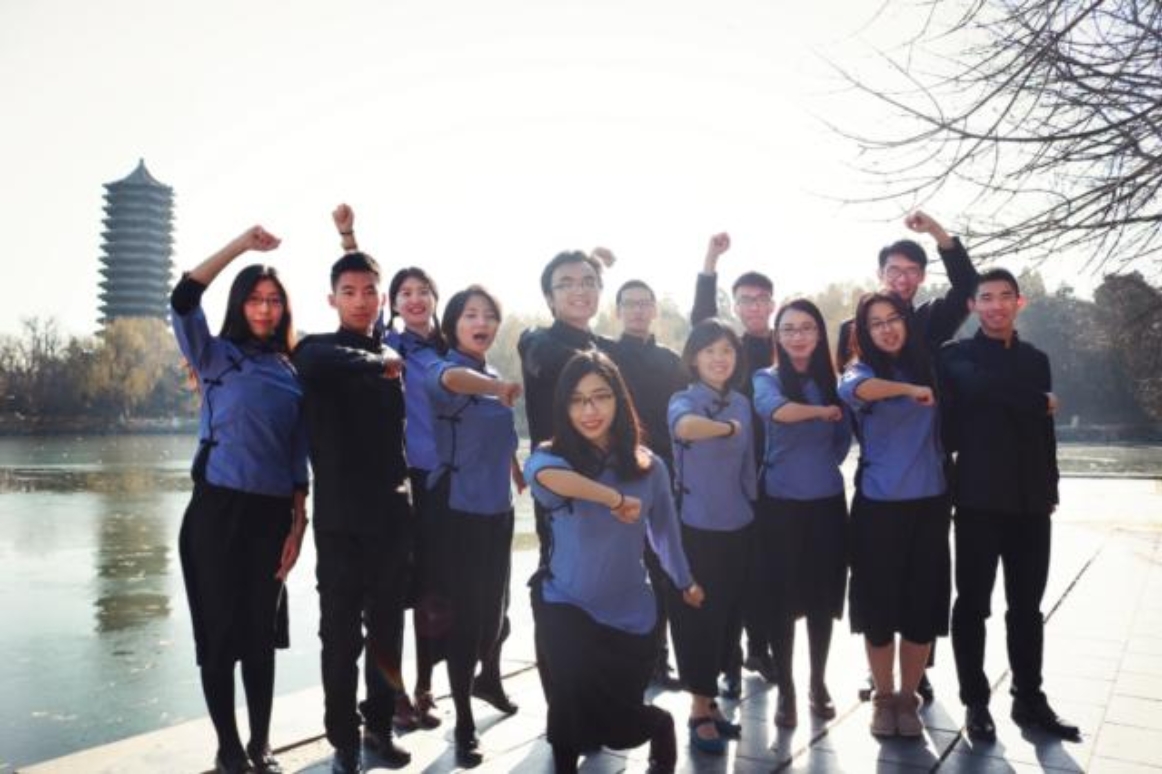
Urdu
As the earliest established Urdu major in Chinese universities, it is part of PKU's National Key Discipline "Indian Language and Literature," and a base for teaching and research in Urdu language and literature, and the Islamic history and culture of the South Asian subcontinent in China. Graduates have made important contributions to national construction, Sino-Pakistani cultural exchange, and the development of friendly relations between China and Pakistan in various fields including education, scientific research, culture, diplomacy, economics, and news media.
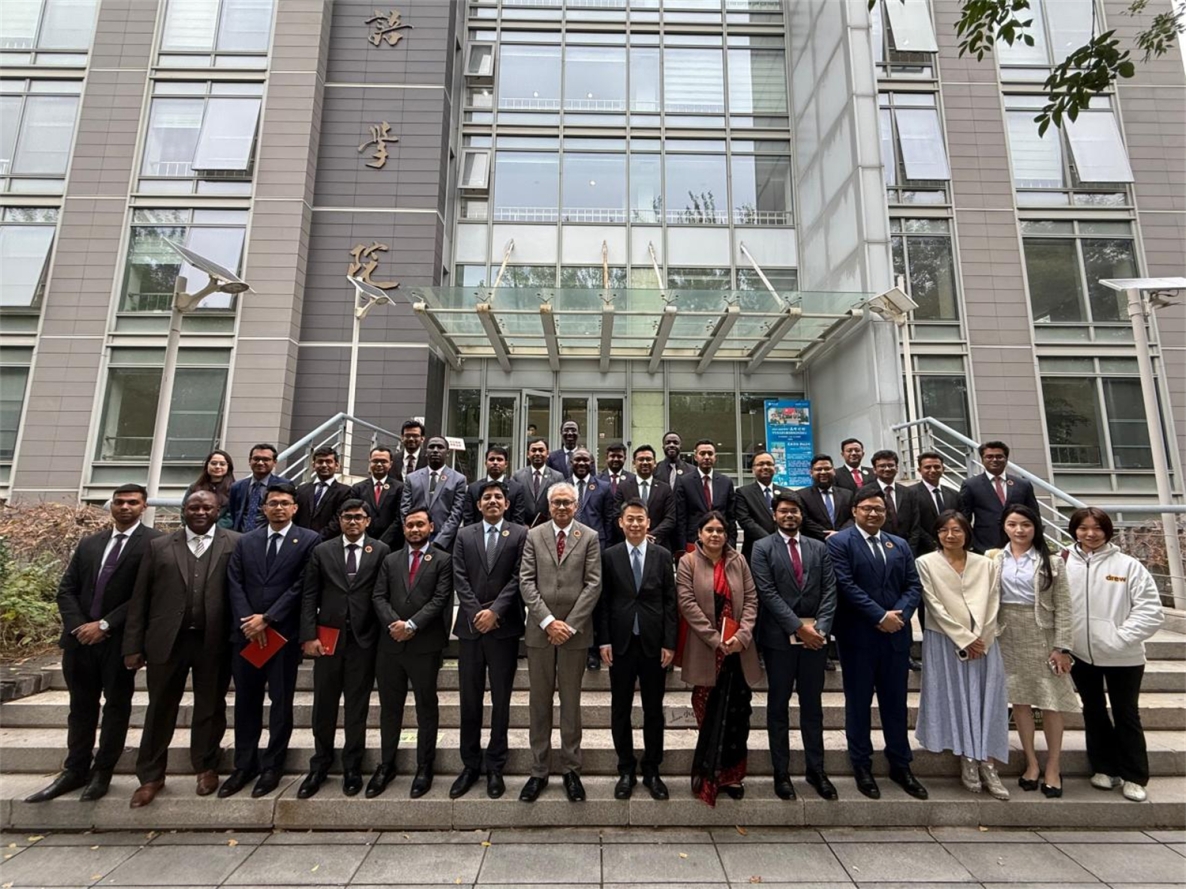
Sanskrit & Pali
Established in 1946, it is one of PKU's characteristic specialties. As part of the Indian Language and Literature discipline, it belongs to the first group of announced National Key Disciplines and is one of the earliest established master's and doctoral programs at PKU. It is currently the only degree-granting point in China's higher education institutions that can confer bachelor's, master's, and doctoral degrees in Sanskrit and Pali. This program is a fundamental discipline for humanities research, based on ancient Indian languages, conducting teaching and research on ancient Indian civilization, Buddhist literature and philosophy, and Sino-Indian cultural exchange in three fields: Indology, Buddhology, and Central Asian Studies, focusing on cultivating students' independent academic research ability. Renowned scholars such as Ji Xianlin and Jin Kemu once taught here.
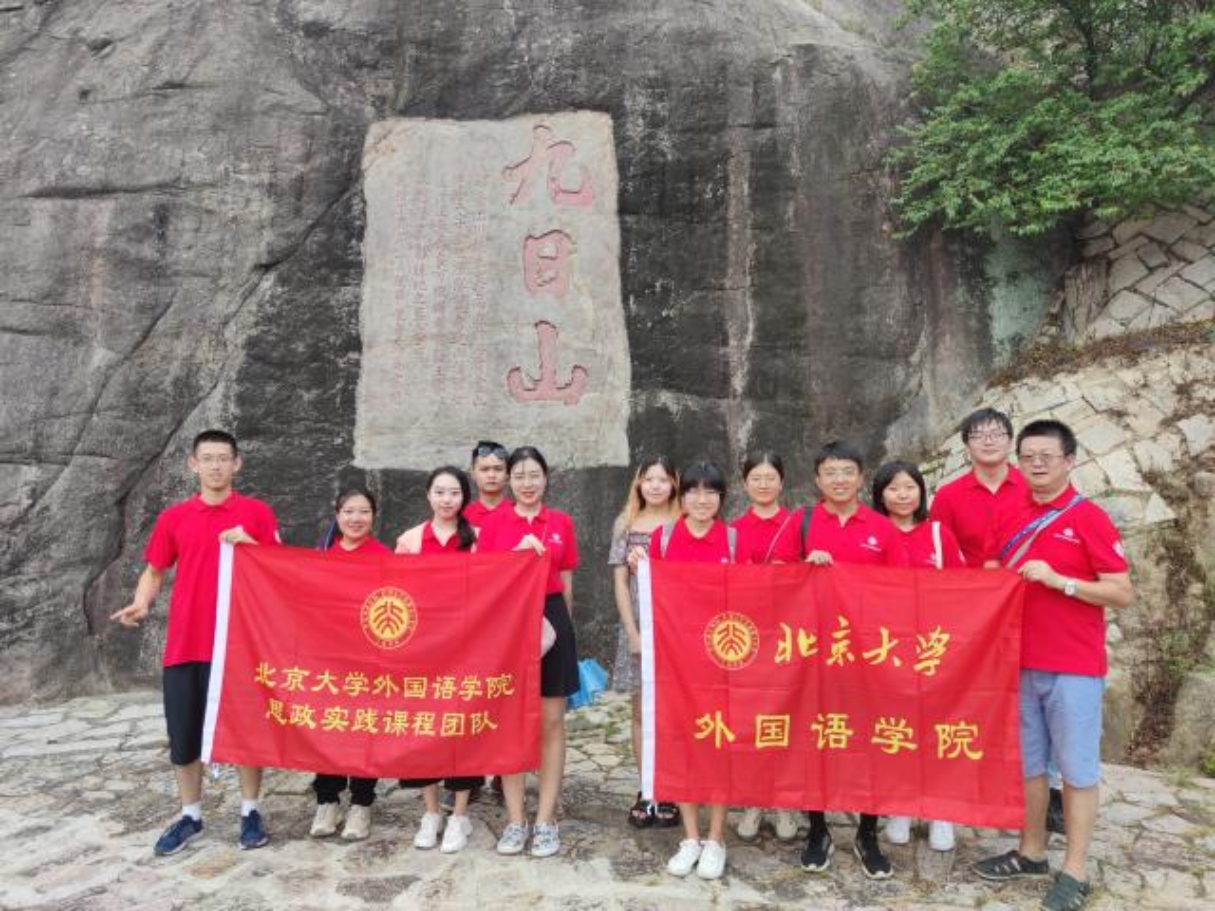
Hebrew
As the earliest established Hebrew major in Chinese universities, it is dedicated to cultivating outstanding, well-rounded professionals with strong moral and academic foundationswho master Hebrew, Jewish history and culture, and Israeli national conditions and current affairs. Since its establishment, it has cultivated over a hundred graduates, most of whom pursue further studies (domestic or abroad) and are active in fields like diplomacy, journalism, higher education and research, business, and trade.
Vietnamese
As the earliest established Vietnamese language major in Chinese universities, it is a National First-Class Undergraduate Program Construction Site. It equally emphasizes foreign language teaching and the imparting of area studies knowledge, focusing on cultivating students' solid language skills, broad academichorizons, and comprehensive humanistic literacy. It aims to cultivate high-level foreign language talents capable of working in areas like foreign language services, management in foreign-related enterprises, news and publishing, foreign language teaching, and foreign studies research.
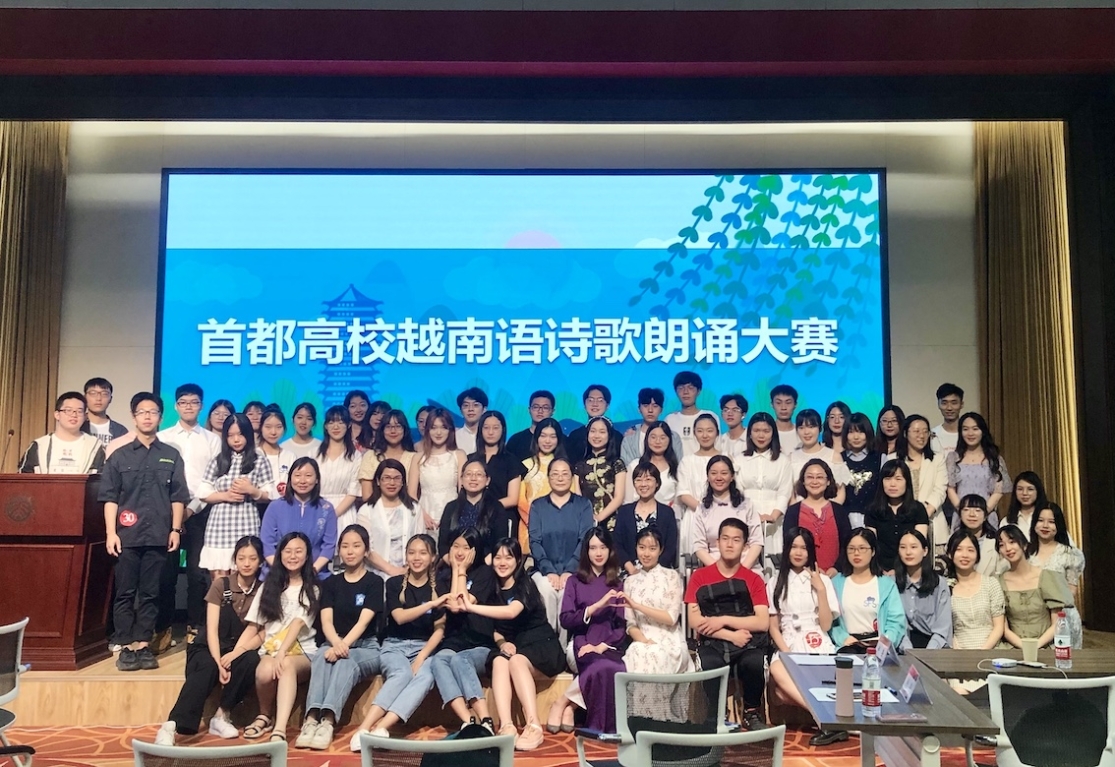
Foreign Languages and Foreign History (Foreign History, Foreign Archaeology Directions)
It is a new interdisciplinary major jointly established by Peking University's Yuanpei College, the School of Foreign Languages, the Department of History, and the School of Archaeology and Museology. The goal is to cultivate high-quality, knowledgeable, solidly grounded, and adaptable international cultural exchange talents, and to supply high-quality research talents for related disciplines. This major possesses extensive academic resources both within and outside the university, domestically and internationally, and can provide various academic and non-academic support for its graduates, offering broad employment prospects.
